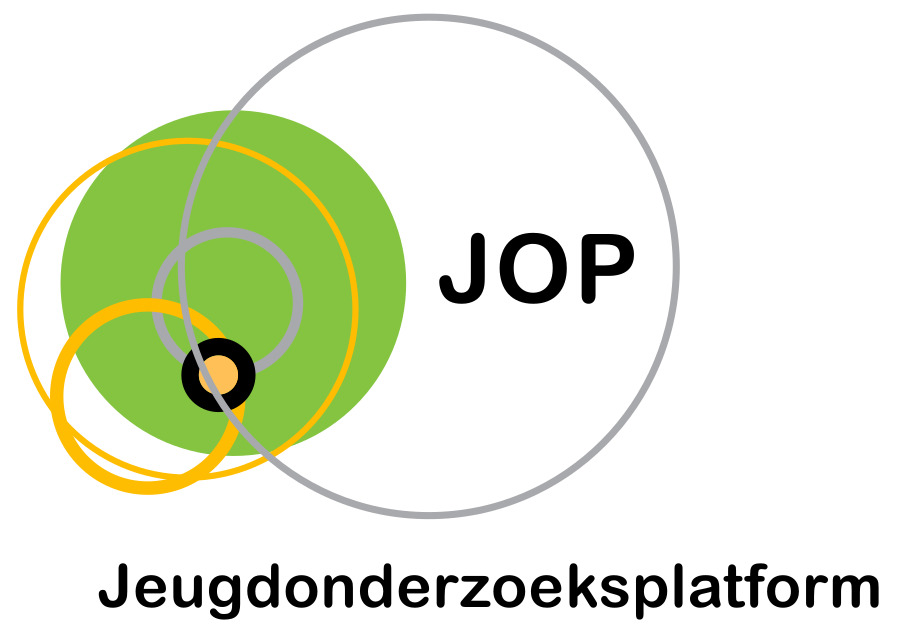Socioeconomic school composition and school misconduct : disentangling structural and cultural explanations in Ghent.
Auteurs
Demanet, J., Van den Broeck, L., & Van Houtte, M. (2019).

Abstract
Deze studie onderzoekt drie verklaringen voor de hogere kans van leerlingen die naar scholen met een lagere SES-samenstelling gaan om deviant gedrag te vertonen. Twee verklaringen zijn gericht op kenmerken van de schoolcultuur. De eerste daarvan is gericht op leerlingen en verwacht dat leerlingen in lage SES-scholen zich geblokkeerd voelen in het bereiken van hun academische doelen. De tweede verklaring richt zich op leerkrachten, die lagere verwachtingen van hun leerlingen kunnen hebben wanneer ze in lagere SES-scholen werken en daarom deviant gedrag van de leerlingen kunnen aanwakkeren. De derde verklaring is meer structureel en wijst op het tracking-systeem van het Vlaamse middelbare schoolsysteem. De resultaten van de multilevel analyses, uitgevoerd op de 2354 leerlingen en 502 leerkrachten, in 30 middelbare scholen, die samen de Gentse basissteekproef van de ISCY-studie (2013-2014) vormen, tonen de alomtegenwoordige impact van het Vlaamse trackingsysteem aan. Meer specifiek blijkt het SES-samenstellingseffect op het deviant gedrag volledig te verklaren te zijn door onderwijsvorm.
This study investigates three explanations for the higher chance of students attending schools with a lower SES composition to engage in school-deviant behavior. Two explanations target features of the school culture. The first centers on students and expects students in low SES schools to feel blocked in reaching their academic goals. The second explanation focuses on teachers, who may have lower expectations for their students when employed in lower SES schools and therefore may stir student opposition. The third explanation is more structural and points to the tracked nature of the Flemish secondary school system. Results of multilevel analyses, carried out on the 2354 students and 502 teachers, in 30 secondary schools, that make up the Ghent baseline sample of the ISCY study (2013– 2014), show the pervasive impact of the Flemish tracking system. More specifically, the SES composition effect on school misbehavior is shown to be entirely due to track position. Implications are discussed.
Referentie
Demanet, J., Van den Broeck, L., & Van Houtte, M. (2019). Socioeconomic school composition and school misconduct : disentangling structural and cultural explanations in Ghent. In J. Demanet & M. Van Houtte (Eds.), Resisting education: a cross-national study on systems and school effects (Vol. 2, pp. 135–153). Cham: Springer.
Taal
Engels
Publicatievorm
Bijdrage in boek
ISBN – DOI
9783030042264
